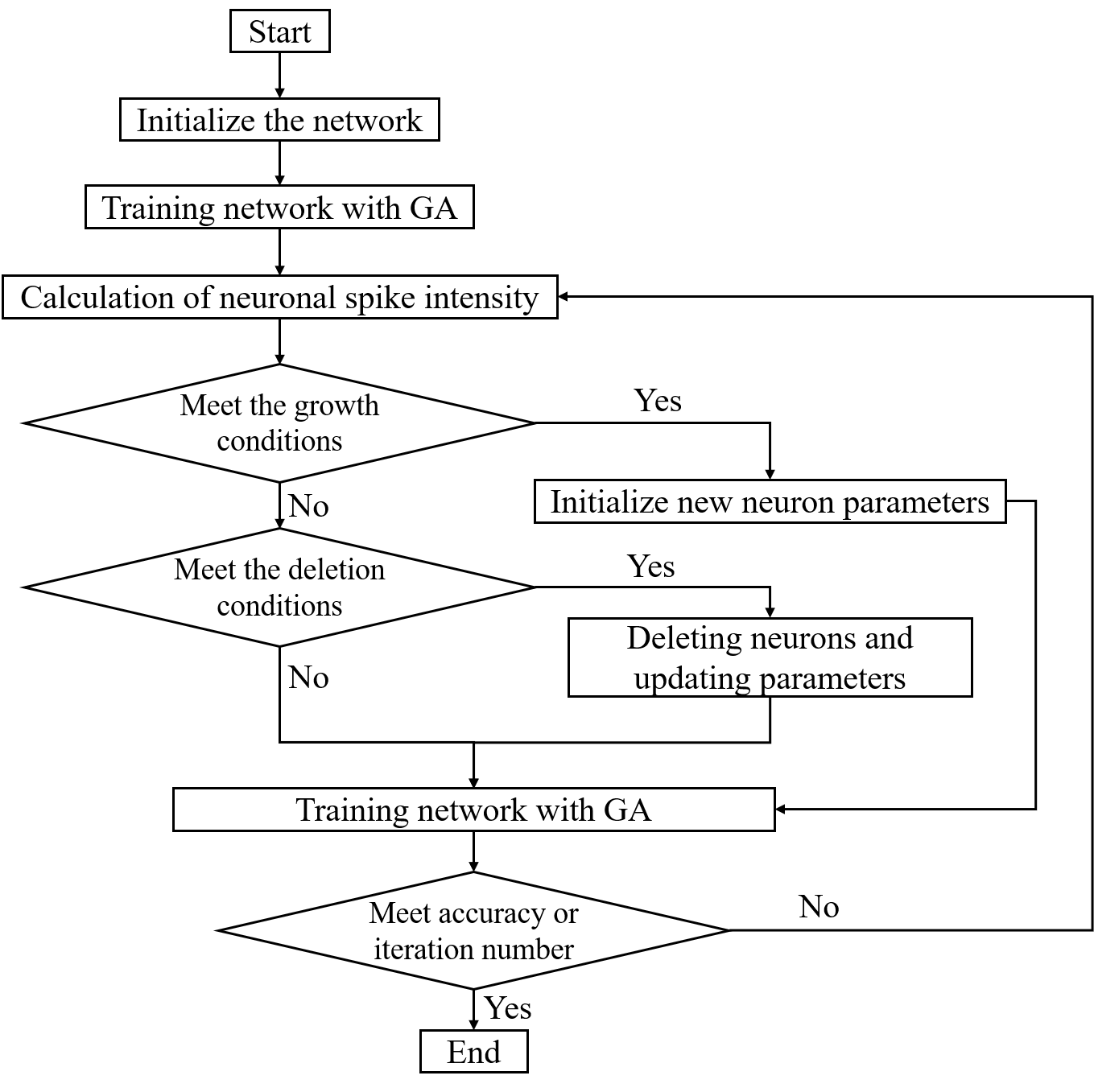 An open access journal
An open access journal
Space Exploration: Advancements in Rocketry and Interplanetary Travel
Abstract
Space exploration has witnessed remarkable advancements in rocket technology, enabling ambitious missions to explore celestial bodies beyond Earth. This paper explores the significance of space exploration, emphasizing its role in interplanetary travel, satellite deployment, and space colonization. It delves into various aspects, including reusable rockets, ion propulsion, and Mars colonization plans. The discussion includes the benefits of space exploration, such as scientific discoveries, global communication, and space tourism prospects. Moreover, the paper addresses the challenges and considerations in venturing into the cosmos, including radiation exposure and long-duration space missions. Through a review of space missions and future space travel concepts, the study highlights the positive outcomes associated with pushing the boundaries of space exploration.
Share and Cite
Article Metrics
References
- Choi, S., Kim, J. H., & Lee, Y. H. (2016). Advanced propulsion systems for space exploration. International Journal of Precision Engineering and Manufacturing-Green Technology, 3(2), 129-139.
- Howell, K. C. (2017). History of the space shuttle, 1972–2011 (No. AIAA-2017-4724). American Institute of Aeronautics and Astronautics.
- Kaku, M. (2018). The Future of Humanity: Terraforming Mars, Interstellar Travel, Immortality, and Our Destiny Beyond Earth. Doubleday.
- Musk, E., & Clark, A. (2018). Making life multi-planetary. New Space, 6(1), 2-11.
- Newman, D. J., & Sankovic, J. M. (2000). Radiation effects on spacecraft materials. Progress in Aerospace Sciences, 36(3), 211-235.
- Riddick, T. P., Dillman, R. A., & Alred, J. W. (2002). Radiation dosimetry for high‐altitude aviation. Journal of Travel Medicine, 9(4), 204-207.






